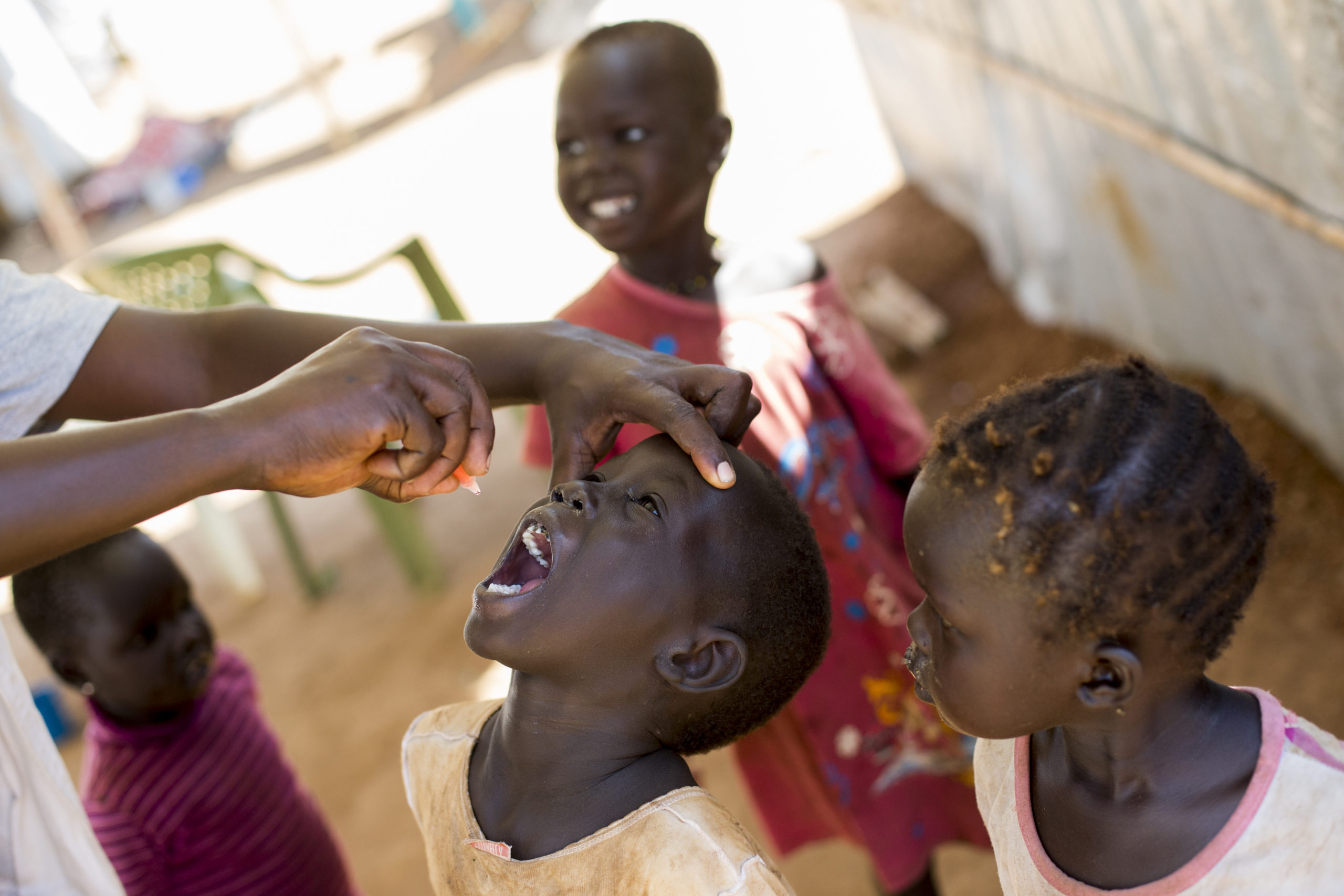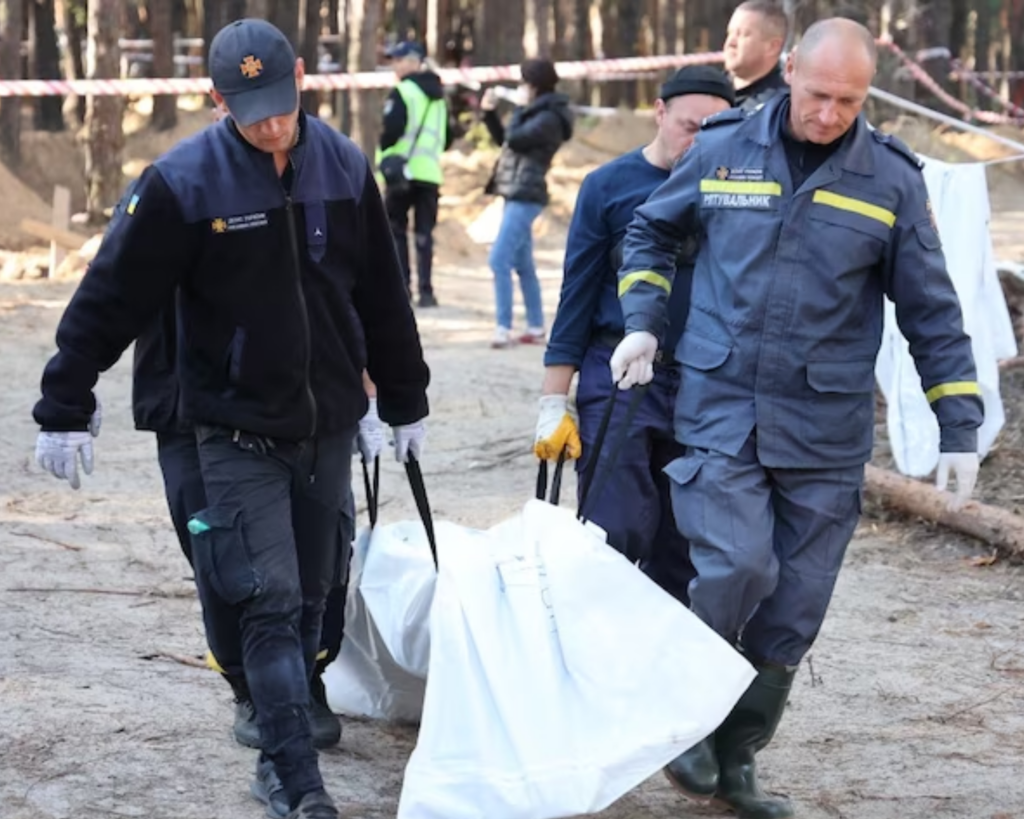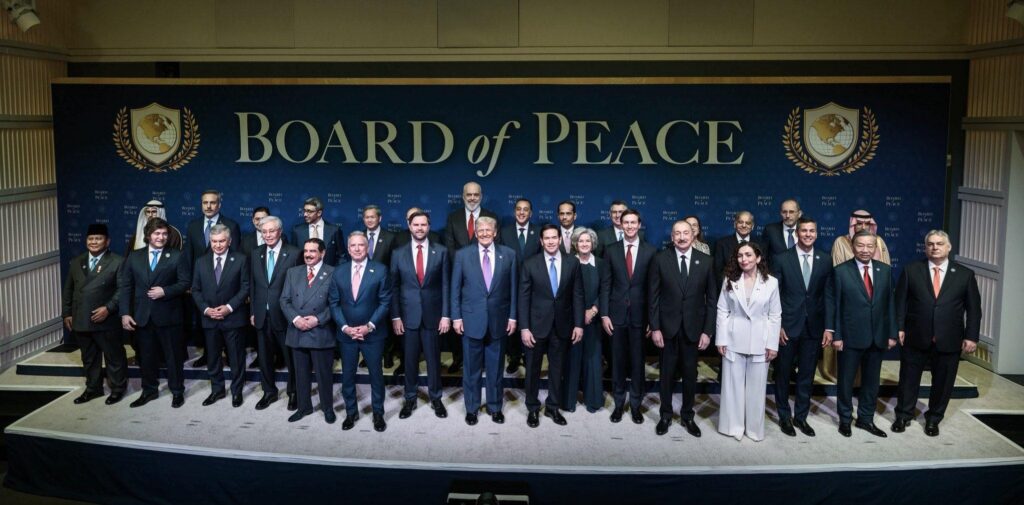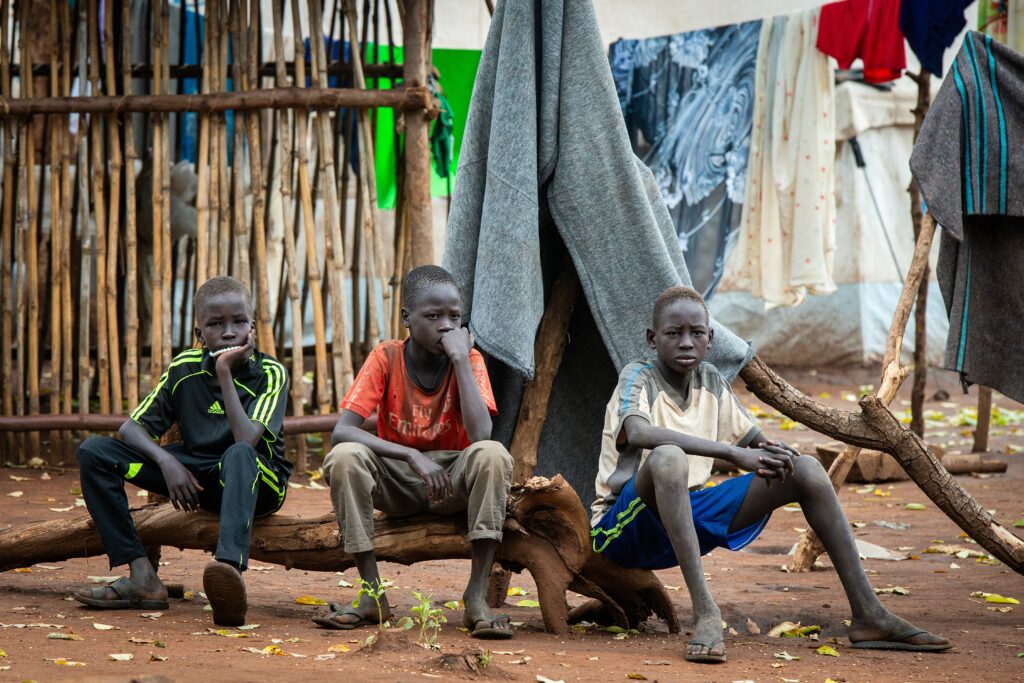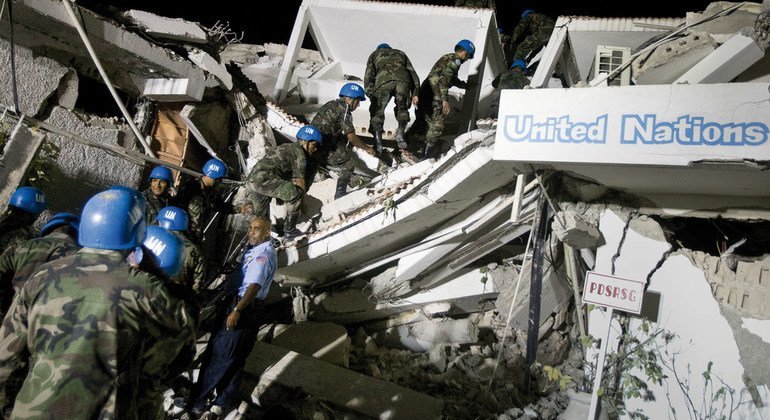By Kelli Meyer
The United Nations system is comprised of the UN, which is headquartered in New York, and more than 30 affiliated organizations—known as programs, funds, and specialized agencies—with their own membership, leadership, and budget processes.
In our “Meet the (UN) Family” series, we’re taking a look at the UN entities that might not always make the headlines but play an integral part in the UN’s mission to promote global peace and prosperity.
Up next: the World Health Organization.
As the global guardian of public health, the primary goal of the World Health Organization (WHO) is to build a better, healthier future for people all over the world. But don’t let the word “World” in the name fool you—WHO makes an enormous impact in the U.S., too.
So what is it that WHO does that is so important to Americans? Let us explain.
WHO helps orchestrate international collaboration and develop solutions to confront global health risks, which help to protect and advance U.S. interests at home and abroad.
For example, after the 2014 Ebola epidemic in West Africa, a partnership was formed under the Global Health Security Agenda with participation from governments in the region, WHO and other UN agencies, plus the U.S. Centers for Disease Control and Prevention, the U.S. Agency for International Development, and other U.S. agencies.
This innovative partnership played a key role in stopping an outbreak of the disease from reaching the same devastation in 2016. It also helped rebuild fragile health systems decimated by Ebola and spearheaded vaccination campaigns to protect kids who missed out on basic vaccines during these Ebola outbreaks. And with the current Ebola outbreak in the Democratic Republic of the Congo (DRC), WHO is on the frontlines of the response, facilitating the delivery of the new Ebola vaccine.
While this work might seem (literally) thousands of miles away from our shores, it protects Americans because it strengthens a country’s ability to stop to disease threats at their source, before they can spread regionally and globally. This in turn saves lives abroad, protects U.S. troops stationed far from home, and promotes economic and political stability in those areas.
WHO’s leadership has also driven forward global partnerships that impact our lives closer to home. The organization is a founding member of the Measles &Rubella Initiative (M&RI), which is helping protect Americans from a highly infectious disease that still causes outbreaks here in the U.S. Globally between 2000 and 2016, M&RI has driven an 84% reduction in measles deaths, saving 20.4 million lives.
WHO is also a founding member of the Global Polio Eradication Initiative (GPEI), founded in 1988. At its peak in the 1950s, polio caused over 15,000 cases of paralysis in the United States alone. Since 1988, GPEI and WHO have reduced global polio cases by 99.9 percent, from 350,000 cases to just 22 in 2017. These investments in polio eradication have in turn strengthened country health systems to better identify and respond to other disease threats before they become global risks.
Another area where WHO’s expertise comes into play is addressing environmental and public health issues, such as air quality, water, and sanitation. For example, the Environmental Protection Agency (EPA) works with WHO to support reductions in air pollution generated in developing countries, which has the potential to travel across borders. Collaborations such as these mean that U.S. agencies like the EPA can rely on the extensive networks and technical expertise of WHO to safeguard the health and security of Americans at home and abroad.
As we said earlier, don’t let the word “World” fool you; WHO works to make sure all people of all ages, no matter where they were born, can live healthy lives. Their work keeps us safe, healthy and protected from health threats here at home and equips our public health officials with the tools, resources, and partnerships they need to solve issues on U.S. soil.
To learn more about WHO, click here.
